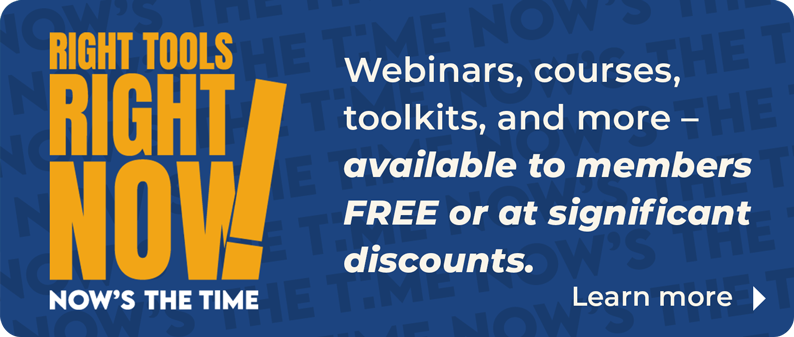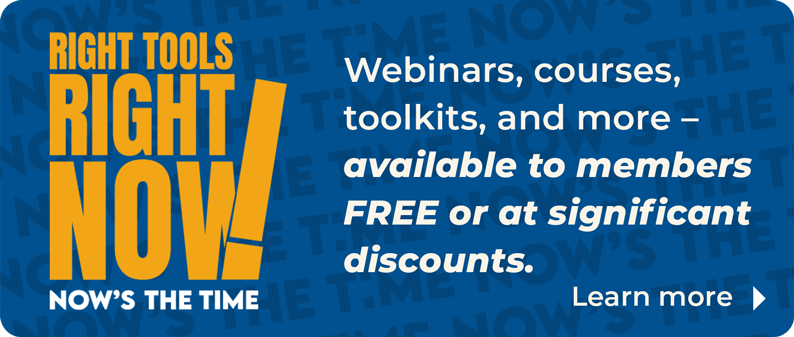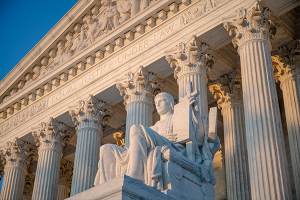
Political Advocacy
What is the fundamental issue?
The "Electronic Signatures in Global and National Commerce Act" became effective for transactions on October 1, 2000, and for record-keeping and filing on March 1, 2001. The law allows the use of electronic signatures, disclosures, and authorizations to replace paper versions. The law does not have any effect on the content of disclosures, or any party's rights or responsibilities. It requires no particular technology, but requires all parties to the transaction to agree on the method for electronically "authenticating" the contracts or documents. Adoption of electronic signatures in the real estate and lending industries has been picking up in recent years and has accelerated during the COVID-19 pandemic.
I am a real estate professional. What does this mean for my business?
The replacement of paper documents with electronic ones will result in cost and time savings for consumers and REALTORS®. Anticipated savings include funds expended on paper, postage, and storage space for disclosures and authorizations. In addition, this practice will also allow for a streamlining of the real estate transaction and continue the promotion toward paperless transactions.
NAR Policy:
NAR supported the "E-SIGN Act of 2000" that makes electronic signatures the legal equivalent of handwritten signatures in order to make real estate transactions more efficient and to reduce paperwork. NAR provides education to REALTORS® in the procedures for using electronic signatures and has long urged regulators and lenders to facilitate and widen the acceptance of electronic signatures.
NAR also supports the use of remote online notarization (RON) technology. NAR policy supports passing laws, regulations and standards that are:
- technology neutral, focusing on the desired outcome of completing the notarial act rather than the technical means by which it is achieved;
- advance, enable and support the interstate adoption and recognition of remote notarization across all U.S. states and territories that enables the advancement of remote notarization that also protects consumers personal information in accordance with NAR’s data policy.
NAR also urges federal agencies to facilitate the adoption of remote notary across the mortgage ecosystem for the acceptance of electronic signatures and records in all federally-guaranteed and federally supported mortgage markets.
Legislative/Regulatory Status/Outlook
State legislatures have been and continue to be the venue for legislative activity since state statutes require amendments to allow the use of electronic documents for business transactions.
There has been a shift to focus on electronic closings, electronic notaries, remote notaries, and electronic recordings, which are primarily regulated at the state level.
NAR also supports federal legislation called the “SECURE Notarization Act" that would authorize every notary in the United State to perform RONs, required tamper-evident technology in electronic notarizations and provided fraud prevention through use of multifactor authentication. The SECURE Notarization Act was added as Amendment #445 to H.R. 4350, or the National Defense Authorization Act (NDAA) for Fiscal Year 2022. NDAA passed the House on September 23, 2021 and is awaiting consideration by the Senate.
The SECURE Notarization Act does not address notarial requirements beyond the minimum standards for consumer protections in a remote notarization because creating a federal standard around these types of requirements, which vary significantly from state-to-state, would result in the preemption of many state notarial laws. Instead, the SECURE Notarization Act was narrowly crafted to address remote notarization standards and was intentionally designed to complement state notarial laws. As a result, the SECURE Notarization Act does not preempt a state’s unique notarial laws as it relates to in person notarizations or additional standards for remote notarizations, all of which will still be applicable. Harmonization between state law and the SECURE Notarization act is important. By design, the SECURE Notarization Act works in tandem with the Uniform Law Commission’s Revised Uniform Law on Notarial Acts 2018 to provide a framework for the use of remote notarization, much like ESIGN and the Uniform Electronic Transaction Act (UETA) allow for the use of electronic signatures at both the state and federal levels.
Current Legislation/Regulation
S. 1625, the "SECURE Notarization Act of 2021"
Amendment #445 of H.R. 4350, the "National Defense Authorization Act for Fiscal Year 2022"
In-Depth
Letters to federal agencies
Issue summary
NAR Federal Issues Tracker
Legislative Contact(s):
Olive Morris
OMorris@nar.realtor
202-383-1215
Melissa Horn
mhorn@nar.realtor
202-383-1026
Sarah C. Young
scyoung@nar.realtor
202-383-1233
Regulatory Contact(s):
Olive Morris
OMorris@nar.realtor
202-383-1215
Melissa Horn
mhorn@nar.realtor
202-383-1026
Sarah C. Young
scyoung@nar.realtor
202-383-1233




















